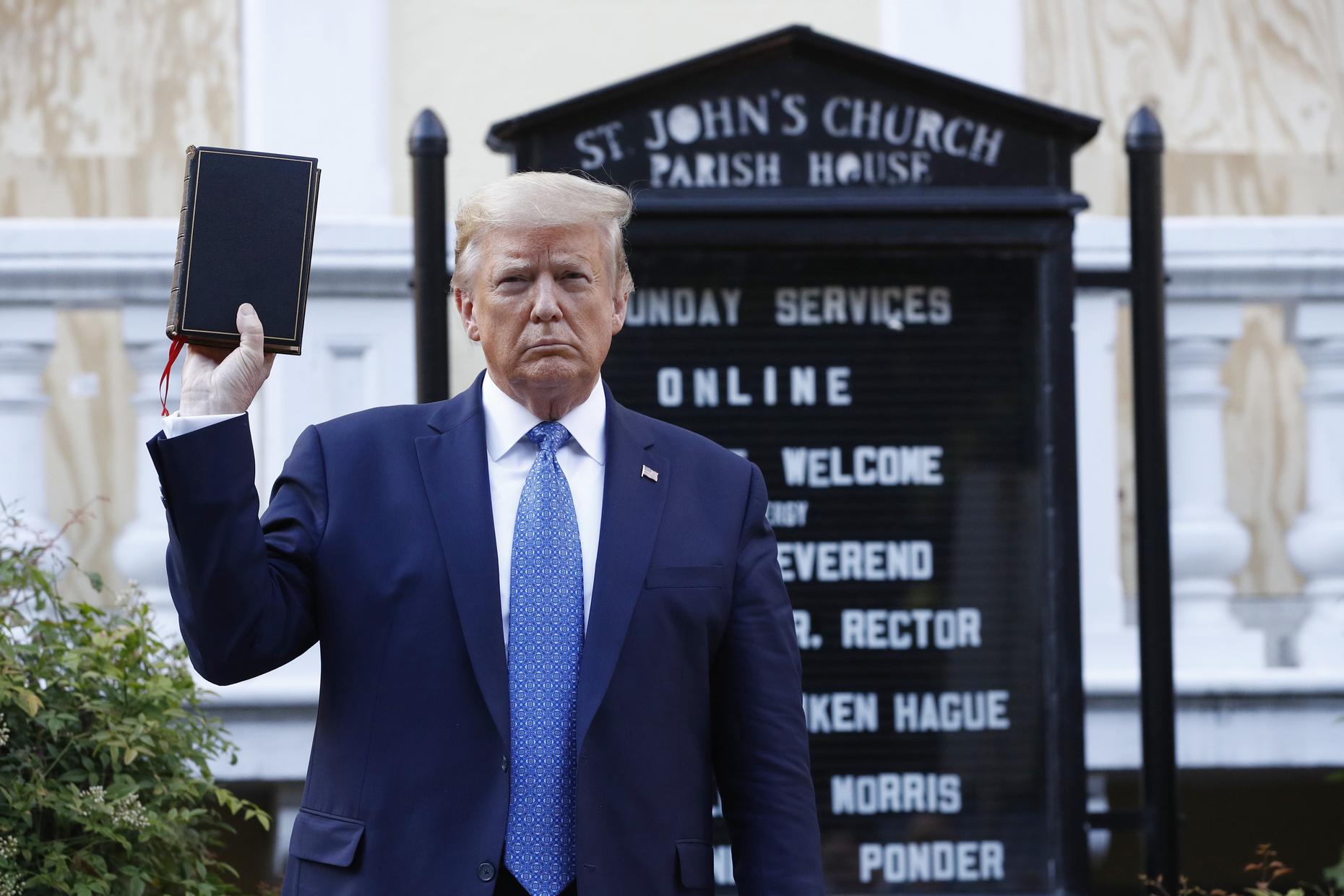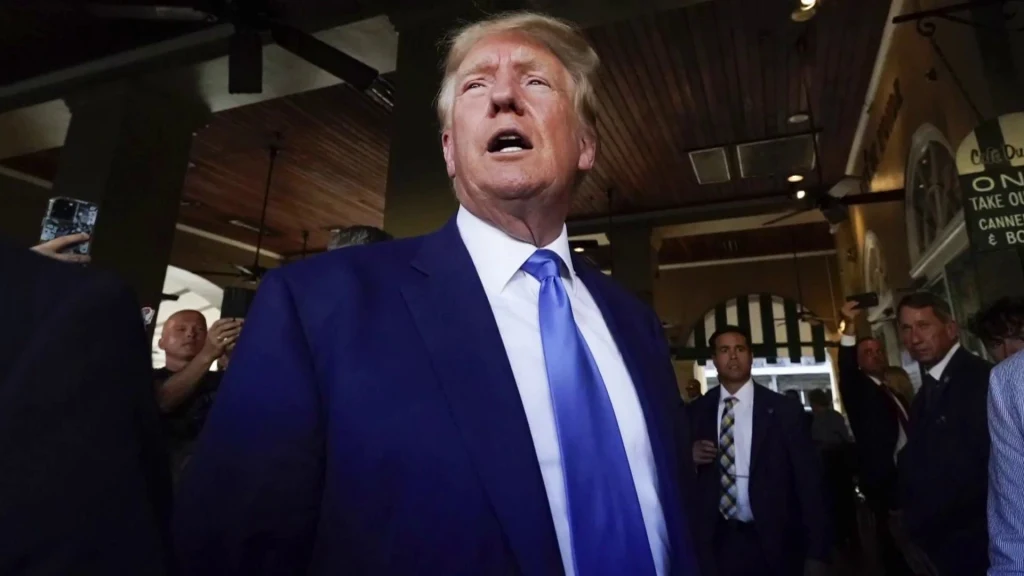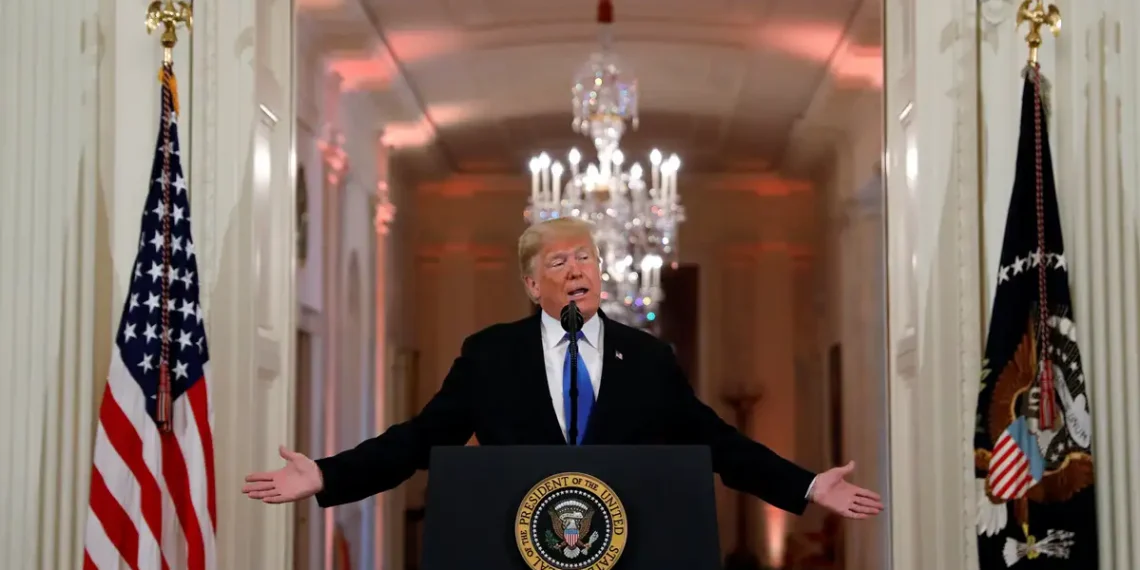Evangelical leaders like Hank Kunneman and Lance Wallnau characterize Donald Trump‘s legal challenges as a spiritual battleground.
Kunneman, a Nebraska pastor, speaks of a divine “anointing” shielding Trump from his adversaries. Wallnau, a self-proclaimed prophet, accuses Trump’s opponents of attempting to bankrupt him and asserts that “the hand of God is on him and he cannot be stopped.”
Despite facing numerous criminal charges, Trump retains fervent support from evangelical voters who see him as a defender of Christian values.

Christian media amplifies this narrative, portraying Trump as a persecuted figure fulfilling God’s will. This depiction contrasts sharply with criticisms of Trump’s character and actions, including allegations of sexual abuse and financial misconduct.
While mainstream Christian media may shy away from overtly messianic language, fringe voices like Kunneman and Wallnau resonate with millions online.
They frame Trump’s legal battles as a struggle between good and evil, energizing his base and deepening divisions within the Christian community.
Trump’s alliances with conservative Christians have yielded policy victories, such as reshaping the Supreme Court and relocating the U.S. embassy in Israel.

Despite personal controversies, many evangelicals prioritize Trump’s actions over his character, viewing him as a bulwark against secularism and liberal agendas.
Christian media’s embrace of Trump reflects a broader trend of politicization within religious discourse. While some outlets remain neutral others unabashedly champion Trump as God’s chosen leader contributing to the polarization of American Christianity.
As Trump continues to face legal challenges, his relationship with Christian media remains pivotal. Whether depicted as a persecuted martyr or a divine protector, Trump’s image in the eyes of evangelical voters will shape the future of faith-based politics in America.





